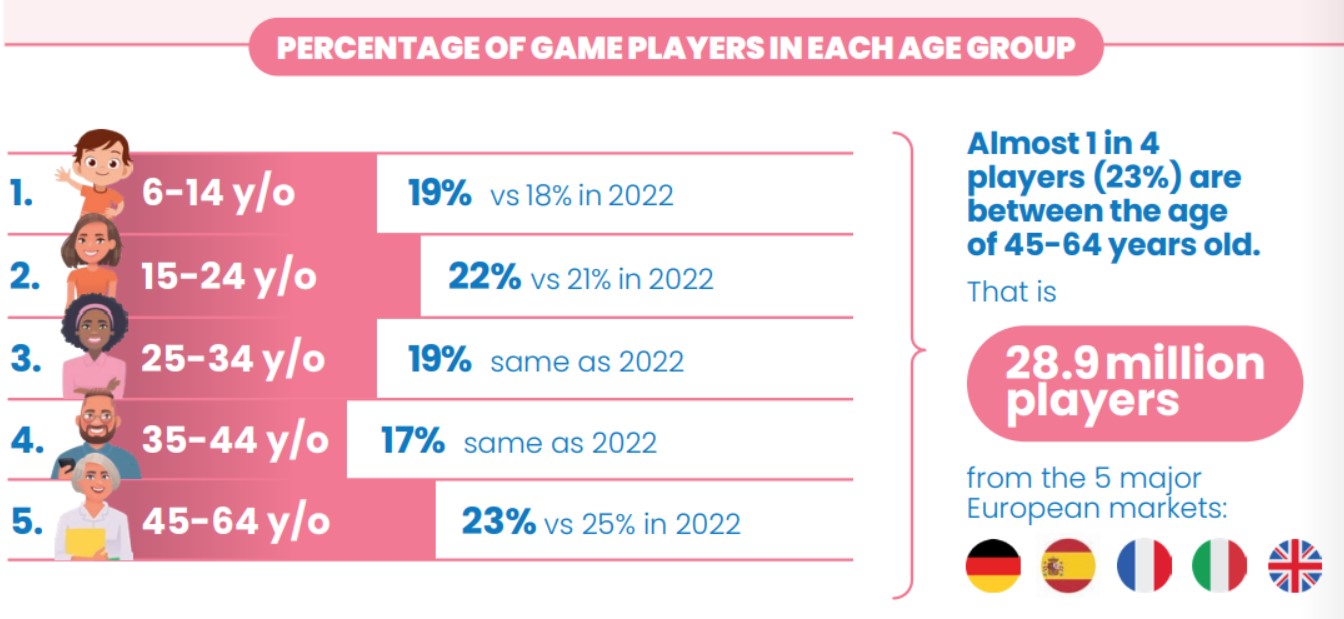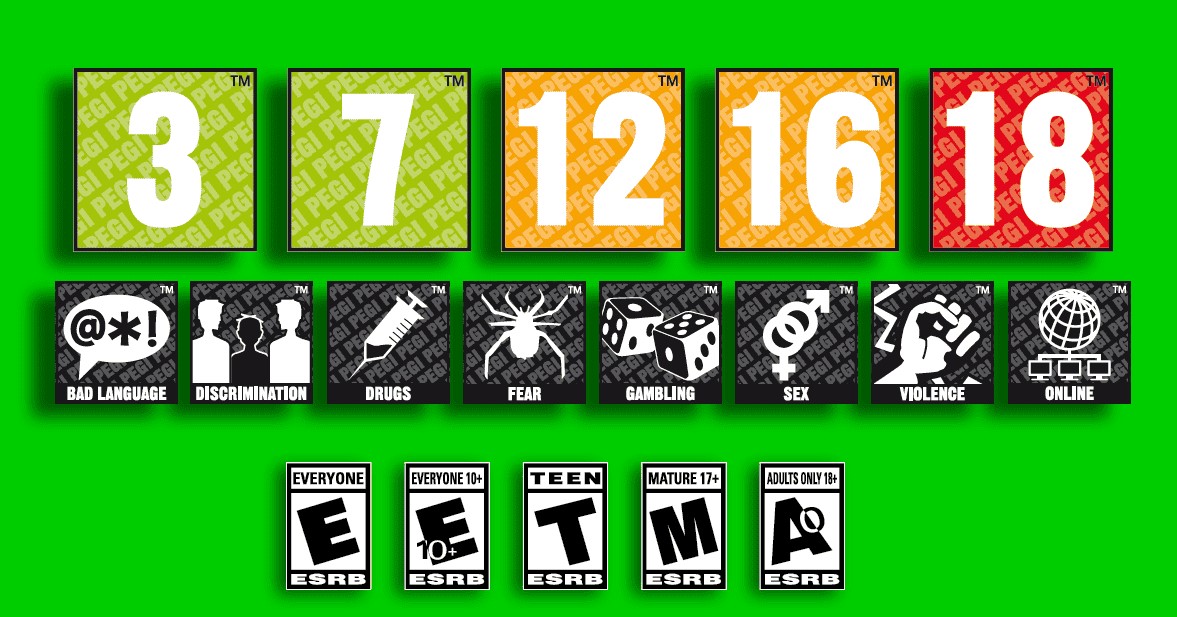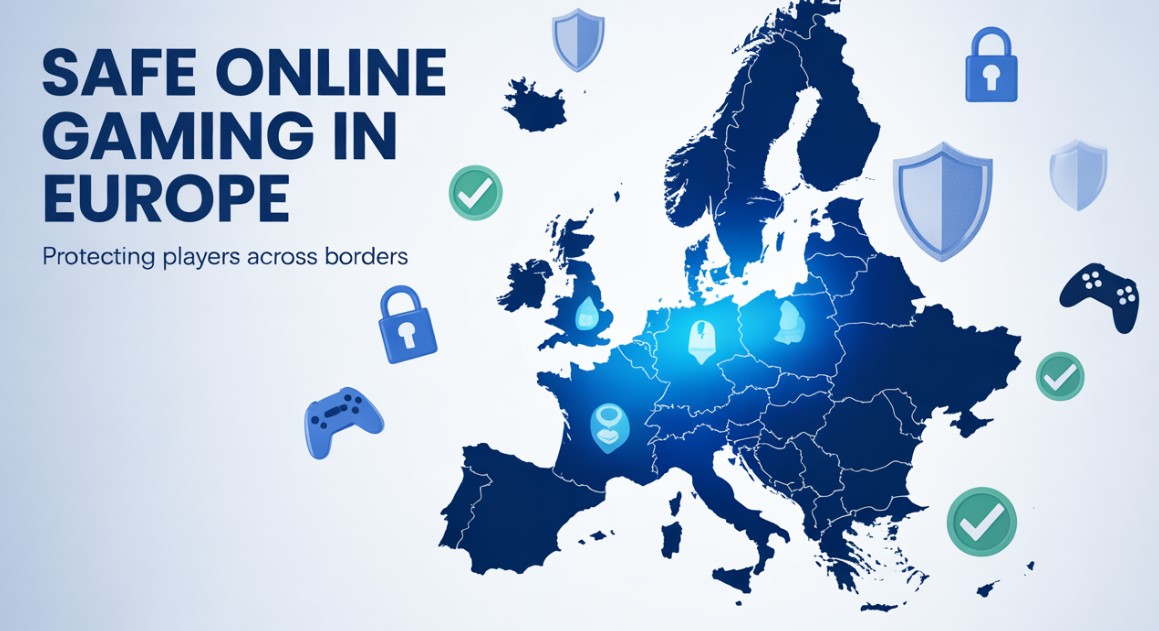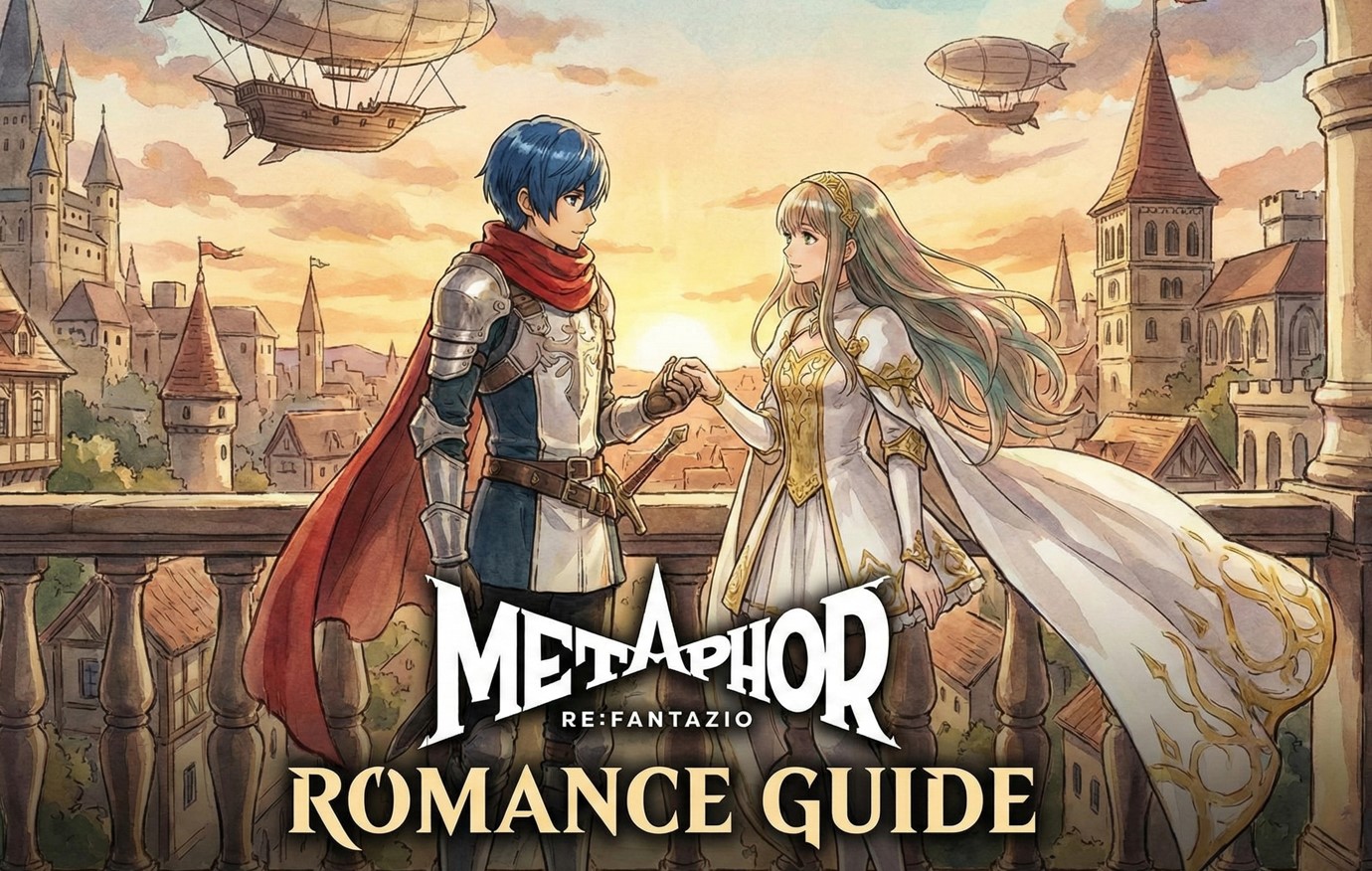Safe Online Games – It’s the Only Gaming Business in Europe
When you are designing an online game and you need to target Europe, you can’t do it with good gameplay. The safety regulations assist you in making a successful impression. Failing to heed safe online games and you may end up losing your reputation and be fined in a big way. European officials and parents are very concerned about the safety of people, and youth players in particular. Developers must know their rules. Responsible game-making is not about making the game boring; it is about taking care of the players, and this makes the game even better.
GDPR: The Data Privacy Wall You Can Never Jump Over
Information is helpful as it demonstrates what players are doing and what safe online games should be like. Personal information is gold in Europe. It is safeguarded by the General Data Protection Regulation or GDPR. For a company such as 32 Red Casino that offers safe online games, this means they often need a separate license for every single European country they want to be in.
Consent is significant, yet it can’t be concealed by an extensive agreement. Each kind of data should be explicitly authorized. As an example, when you request a player to provide his or her IP address or email, he or she should know the reason and can readily decline. You should not be gathering without a legal cause.
Gather only that which you actually require. You might not require a complete home address in case you want to send a digital gift. Do not use a real name; use an anonymous ID. Design your privacy into your design.
Keeping European Kids’ Data Secure in Safe Online Games
GDPR provides the default age of consent as 16, although in some countries it is 13. In case children below that age play safe online games, you will need to obtain the valid parental consent to handle their data. It does not require a mere checkbox; a parental portal or third-party verification system might be required. Epic Games, specifically, applied the so-called Cabined Accounts that restrict social functionality until a parent signs out. That demonstrates that you are concerned about children.

Lawfulness & Transparency
Explain to players in plain language what data you collect and why. Examples: a pop-up which mentions, we use your IP to get you to the nearest server and no more.
Purpose Limitation
Another reason not to use data. As an example, email should be used only to recover a login and not in marketing without the consent of the player.
Security & Confidentiality
Secure information by encryption and access controls. Use multi-factor authentication on high-value accounts and use hash passwords.
PEGI: The Age-Rating Standard for Safe Online Games
Having known about data, what makes parents understand whether the AAA game is appropriate for their children? They look at the PEGI rating. PEGI informs them of such content as violence or language and has an Online Safety Code.
In‑Game Purchases
In case you have loot boxes or any paid random items, you need to tell players the probability of receiving each item. This safeguards players and assists you in evading issues.
Online Support
When your game has an internet connection or can support user-generated content like chat or forums, you will have to have a system to deal with illegal or malicious content. Ensure that players find it easy to mute or block other players. Give a transparent reporting tool and respond promptly to reports.
Constructing Safe Online Games: Cybersecurity is Not an IT-Only Issue
The game design should include security and not be an addition. The European laws, such as NIS2 and the Cyber Resilience Act (CRA) mandate developers to consider cybersecurity during the initial design phase.
The Cyber Resilience Act (CRA): Security by Default
The majority of safe online games published in Europe have to perform a self-evaluation of their security level. It is not possible to begin with weak passwords. Implement effective password policies initially. Check vulnerabilities and revise on time. In case of a security vulnerability, report it to ENISA in case it is actively used. NIS2 requires you to inform of significant breaches within 72 hours. Check the following table.
| Basic Safety Feature | Why It Is Important to the Beginner Dev |
| 2‑Factor Authentication (2FA) | 2FA prevents account theft, even in the case of a password leak. Make it a regular choice; it develops confidence in the players |
| Real-Time Chat Filters | Precludes blatant abuse before viewing. Get filters that can support more than one language |
| Spending Limits | Spending limits are used to stop spending addiction, particularly among minors. Provide daily/monthly limits in a parental settings locale |
The Loot Box Landmine in Europe: Gambling or Not?
Loot boxes are debated. In Europe, they can be prohibited or severely limited in case they appear to look like gambling or to target minors. Be candid about what players pay and do not be manipulative.
Design Philosophy: Safety as a Feature
There are not many warnings for really safe online games. The design incorporates safety. Consider player experience with a caring attitude.
Friction is Sometimes Good
Minimizing friction keeps the players entertained. It can be made safe by adding a step of a high-value purchase or a parental PIN to voice chat. It is a brief struggle that prevents long-term ills.
Clear Reporting, Clear Consequences
The consequence should be perceived by the offender when he or she reports bad behavior. This demonstrates that the society is patrolled and that you are concerned.
Some Useful Design Elements in Safe Online Games
Mute All Stranger Button
A default option of turning off chat with non-friends when the player is of a certain age (or all, with an option) is a lot of grief saved.
Kid‑Friendly Privacy Policy
When you are going at kids, you need to have a short, basic privacy policy that a 10-year-old can comprehend. Use icons and short sentences.

The Cultural Subtlety: Europe is Not a Monolith
Europe isn’t one country. Although GDPR and PEGI encompass numerous regulations, every member state has its peculiarities. The laws of gambling can be crazy. In case a mechanic is legal in Ireland and illegal in Belgium, you will have to block it to players in Belgium. Fitting into local legislation is respectful and will ensure that you are not in violation:
- Don’t Panic-Iterate, Start Small. You do not need to get everything straight. Take it step by step.
- Prioritise Privacy. Audit the data in the actual collection. Location data can be dropped, as long as you do not need it. That eases your workload.
- Integrate PEGI Early. Waiting until the last moment to have your PEGI rating. Finish the questionnaire in advance to allow you to correct your design in case you cross a line that you did not mean.
- Write a Pro-Grade Tool. Do not write all the privacy features. Consider third-party age verification or parental consent. These platforms specialize in this work and are aware of the laws. Do not re-invent the wheel, and the legal one, in particular!
The construction of safe online games in Europe is not a fast task; it is a long-term process that should be taken care of all the time. But it is worth it. It helps to make the game more enjoyable, the community more solid, and the business more stable. Designing with safety in mind not only helps you avoid fines but also it earns you player loyalty that can’t be purchased with loot boxes.
FAQ
What should I do to know whether my game is violating a privacy rule by accident?
Check by asking: Does the player understand what they do with their personal data, and can they easily get it to stop? In case any of the answers is not clear, then there could be a problem.
Is my small indie game really supposed to be concerned about the NIS2 Directive?
Maybe, maybe not. NIS2 focuses primarily on critical sectors. You may be covered in case you are using shared online services like cloud or data centers. At least, possess a good cybersecurity and incident response plan. It is not only law, but it is good business.
How can we best filter in-game chat across multiple languages?
Invest in a real-time AI filtering service that encompasses major European languages. When you scale, manual moderation is not sufficient. Make sure that it locates slurs and abusive words in chat and the names of players.
Is it better to simply not gather any personal data at all?
It is the most secure legal path, but not very realistic in the case of an online multiplayer game. As an example, you require IP addresses to get access to servers. Minimize data: only collect what is necessary for the game, and anonymize the rest.
What is the frequency of checking my safety and privacy settings on my game?
Review at least once a year, or when you introduce a new feature that gathers data, such as a social system or an additional monetization. Laws change as the game does. Consider it as a security patch to your legal system.
What is the most common error a novice developer makes with PEGI?
Most amateurs under-estimate the amount of violence, strong language, or sexual themes they contain and receive a higher PEGI rating than they should have had. Be frank in the evaluation; it will save future headaches.
What is a Dark Pattern in game design?
It is a gimmick that causes the players to do something that they did not intend, typically to spend money. The cancel-subscribe button can be made small, or a countdown timer can be added to an expensive item. Europe is closing the screws on these.
Conclusion
This is the process of creating secure, thriving web-based games in Europe, which is a collaborative effort between us developers and the community that we cater to. Together we will make great things! We, the BandurArt team, will be delighted to have your backing. In case this post was useful in your compliance checklist, even slightly, post it to social media and save it. That assists in attracting more developers to us. You may also contact the BandurArt team through email in the event that you desire a creative or commercial partnership. We are always willing to discuss game development!





